With articles floating around with titles such as “For a Movie That’s Not Gay, Incredibles 2 Sure Is Gay,” “10 Totally Gay, Non-Gay Classic Movies,” and basically any article written about 2002’s uplifting BFF girl-power favorite, Bend It Like Beckham, it seems that, somewhere, something became eyebrow-raising in these straight-laced films. But what makes people see them this way? Well, entertainment like Rizzoli & Isles (2010-2016), Bend It Like Beckham (2002), Thelma & Louise (1991), and even The Odd Couple (1968, 1970-1975), which have been dissected and theorized as secretly portraying gay relationships, all have something in common: all of them center on friendship.
Now, we should all be able to agree that there is nothing gay, or straight, about the definition of friendship, but with the tweaking of bullheaded gender norms (and lack of prominent queer relationships in media), sexuality became puzzling within these friendships. Society being comforted (more like trapped) by these black-and-white gender boxes has an effect on the way people view friendship, which we can see through the way they interpret entertainment.
Tipping the scales of femininity and masculinity
The characters within friendships that are perceived as something more tend to challenge gender norms in terms of the balance between traditional definitions of femininity and masculinity. The female characters, for example, usually embody traditionally masculine energy within their wardrobes, their demeanors, and in the case of 2010 TV series Rizzoli & Isles, for example, their occupations.
Both sultry-voiced Jane Rizzoli (Angie Harmon) and the softer, less-snarky Dr. Maura Isles (Sasha Alexander) are badasses who have traditionally “male” careers in the criminal justice field, Rizzoli being a police detective and Isles being a medical examiner. These women are complex individuals who aren’t afraid of their power. The series’ script is even laced with jokes that poke fun at the male chauvinism directed toward women in the criminal justice field, which usually earns a sarcastic comment from Rizzoli.
The leads’ perpetual, playful bickering, mixed with an unconditional loyalty to one another, left audiences (especially female LGBTQ+ audiences) bewitched by an “opposites attract” kind of chemistry. Although they never got it, it left fans craving something more than a platonic friendship.
Then there’s Bend It Like Beckham, which even makes protagonist Jess’ (Parminder Nagra) “masculine,” tomboy qualities a plot point when her traditional Indian family (emphasis on traditional) disapproves of her love of soccer, wishing she were more of a dainty domestic goddess, so to speak. What’s great about Bend It Like Beckham’s tone is that it in no way intends to mock Jess’ family’s traditional values, but rather, it uses Jess’ background as satirical drive. By using the outdated stereotype that South Asian women unwillingly pick up their mothers’ domiciliary responsibilities, as well as grow up subconsciously adopting their maternal behaviors, Jess’ desire for modern female independence (even if it simply takes the form of playing soccer) is as clear as day.
We also have the classic Thelma & Louise, with Thelma’s (Geena Davis) independence and give-no-shits confidence granted to her throughout her own journey of self-discovery with the help of her spunkier, more “masculine” best friend, Louise (Susan Sarandon). While on their wild road trip, Thelma eventually ditches her dowdy, mousy wife routine as she sets herself free from her atrocious, controlling husband. By the end of the film, both Thelma and Louise, who almost pose as a lezzie Bonnie and Clyde duo, reek of traditionally masculine energy.
What’s interesting is that none of these female characters, nor the stories themselves, were told through the male gaze, which isn’t surprising considering their writing teams consisted of mostly women. This wonderfully unapologetic female power is too often associated with some tired butchy lesbian “feminazi” stereotype, as if androgyny and feminism can’t exist without the discussion and questioning of one’s sexual orientation.
Toxic Masculinity and America’s silent, lonely male
As for male protagonists, such as Oscar (Jack Klugman) and Felix (Tony Randall) from TV classic The Odd Couple, we see something different. A live-in friendship fueled by light, nagging bickering and a somewhat-stubborn emotional dependence on one another created a relationship that was deemed overtly feminine in the ‘70s. Despite the fact that it was made clear that these divorced men were straight, in the eyes of the masses, there was something suspicious about two middle-aged men with contrasting personalities trying to save up for alimony in one Manhattan apartment.
It’s almost humorous that Thelma and Louise need grungy hair and guns to seem like lesbians, but Oscar and Felix can simply exist under the same roof to be deemed a secretly flamboyant, urban gay couple—except that it really just highlights society’s narrow, harmful definition of how to be a man.
American social standards show us that friendship between two men versus two women is vastly different in adult life. A 2018 NPR podcast, entitled “The Lonely American Man,” discusses the sad inevitability that haunts the American male population: a dry, barely-existent social life.
The idea that American men are “trapped by a series of unspoken rules” is what creates this toxic masculinity that we now know too well, even being the subject of the controversial Gillette ad that ironically riled up men on the internet this past January. Emotional connections with other men are often presumed as weakness (weakness being regularly connected to femininity in the mindset of toxic masculinity), implying queerness. NPR mentions that New York University psychology professor Niobe Way says that the road to this loneliness is caused by “cultural messages” boys receive in their early years of life.
A 2018 Psychology Today article entitled “Do Men Need a ‘BFF’ or Best Friend Forever?” by licensed counselor and professor Suzanne Degges-White, Ph.D. also untangles the reasoning behind socially complicated male friendships. Degges-White credits women’s ability to create close bonds with other women to possible “genetic programming for survival amongst non-kin groups,” which was especially necessary when women were expected to leave their household to be with their husband’s kin, who were essentially a group of strangers.
But since men did not develop this skill, hurdles including competition, traditional masculine stereotypes, and fear of being perceived as weak, feminine, and/or gay stand in the way of having intimate friendships. Although things are improving, society continues to regurgitate these “rules” and traditional masculine stereotypes time and time again, as it’s a hard cycle to break.
Gal pals 4ever: the consequences of subconscious categorization
Women, on the other hand, have got their own interpersonal problems (leaving aside the mountain of other ways gender norms have limited women throughout history). Society has become accustomed to women being immensely physically and emotionally affectionate with other women, while still keeping their sexuality an enigma.
Women who are lesbians, bi, pan, queer, or any other not-straight identity might still be labeled as straight, especially if they are considered traditionally “femme.” Taking a look at queer legend Kristen Stewart and the ludicrous history of how media outlets have treated her, her sexual ambiguity led journalists to come up with some pretty interesting phrases to describe her obvious flings with women. Daily Mail published a ridiculous article in 2015 entitled “Kristen Stewart gets touchy-feely with her live-in gal pal Alicia Cargile as they celebrate star’s 25th birthday at Coachella.”
… That’s all we have to say about that mess, but we will clarify that Stewart didn’t officially come out until her memorable 2017 Saturday Night Live monologue, where she announced that she’s “so gay.”
Stewart had to go out of her way to convince the public that she wasn’t straight, while playful One Direction members Harry Styles and Louis Tomlinson didn’t hear the end of the “Larry” relationship conspiracy theories, as both the media and the fans continued to scrutinize their friendship, thirsty fans even writing smutty fanfiction stories dedicated to the affectionate duo. The whole thing even wound up in a recent episode of HBO’s Euphoria.
In Joanie Erickson and Jeanine Cogan’s 1999 book Lesbians, Levis, and Lipstick: The Meaning of Beauty in Our Lives, they discussed the unspoken set of guidelines related to the social categorization of women. They wrote about the femme lesbian label, or specifically how “long-haired lesbians” are viewed as being heterosexual and, more unnerving, “available” to men.
Erickson and Cogan also quoted a lesbian who spoke of why people are comforted by the ideas of labels and division, and that it’s related to how we “process our experiences” and “figure out patterns.” So are any of us to blame for the unprompted configuring that tough-girl, pantsuit-wearing Jane Rizzoli is absolutely a queer top? Or is it just human nature to think that way based on what we know about society? Thankfully, society is ever-changing.
Unafraid and unapologetically queer
We see that old-fashioned American culture implies that women need to be wearing literal strap-ons to be considered possibly queer, whereas men who so much as hug will find that they’ve already convinced everyone.
Thankfully, the quality of LGBTQ+ representation is finally seeing some growth, with progressive works like One Day at a Time (since 2017), What Keeps You Alive (2018), and Pose (since 2018). Soon there may not be a need to theorize gay relationships in entertainment or scrutinize real-life relationships at all, though the worst elements of society will no doubt continue to do so.
As fun as it is to imagine Bend It Like Beckham’s Jess and Juliette (Keira Knightley) as an adorable, biracial-lesbian-soccer-couple, it won’t change what the writer’s room decided in 2002. Other recent entertainment, such as Colin Minihan’s groundbreaking horror film What Keeps You Alive, and the new, intoxicating Netflix show Russian Doll (since 2019), brilliantly challenge the gender stereotypes society has become accustomed to in both queer and straight relationships.
All we can end with is this: Bring on the change.
Bianca Piazza is a film geek and writer who obsesses over extreme horror films, intelligent twist endings, LGBTQ+ content, and really any indie flick making noise on Twitter. Creepy-cute is her aesthetic and when she’s not boring someone with her film knowledge, she’s likely boring someone with her makeup industry knowledge. She tries not to be too pretentious. Give her a follow on Twitter where no one listens to her pop culture opinions: @biancamiss_
Want more stories like this? Become a subscriber and support the site!
—The Mary Sue has a strict comment policy that forbids, but is not limited to, personal insults toward anyone, hate speech, and trolling.—



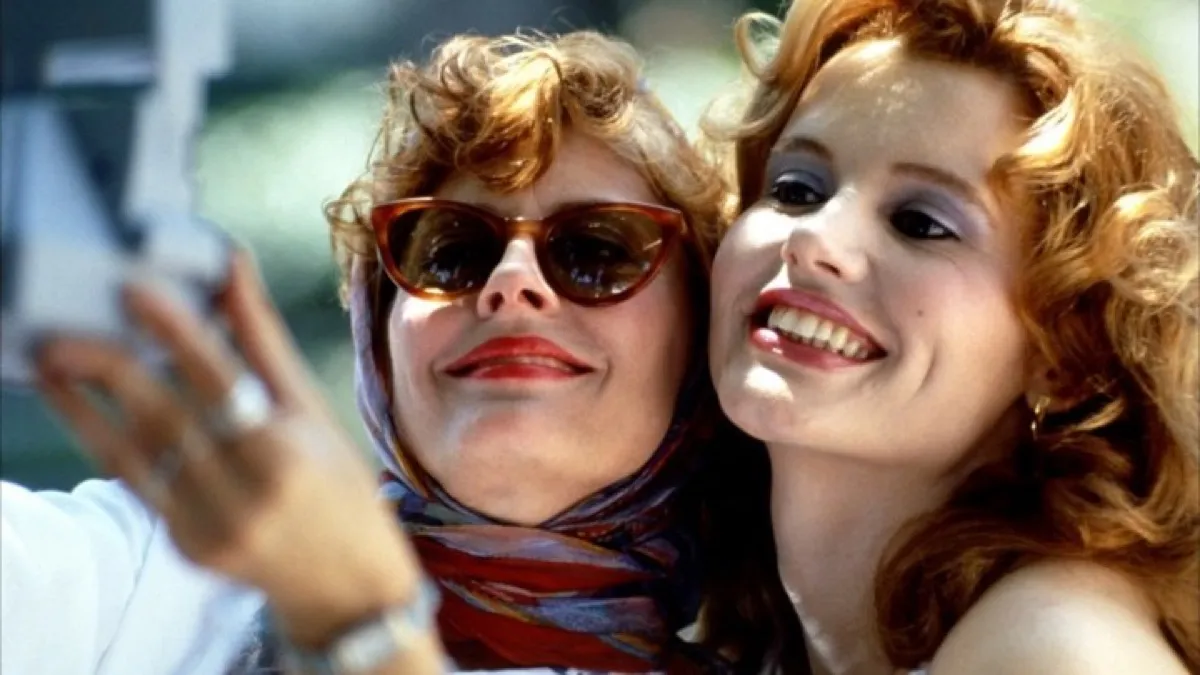
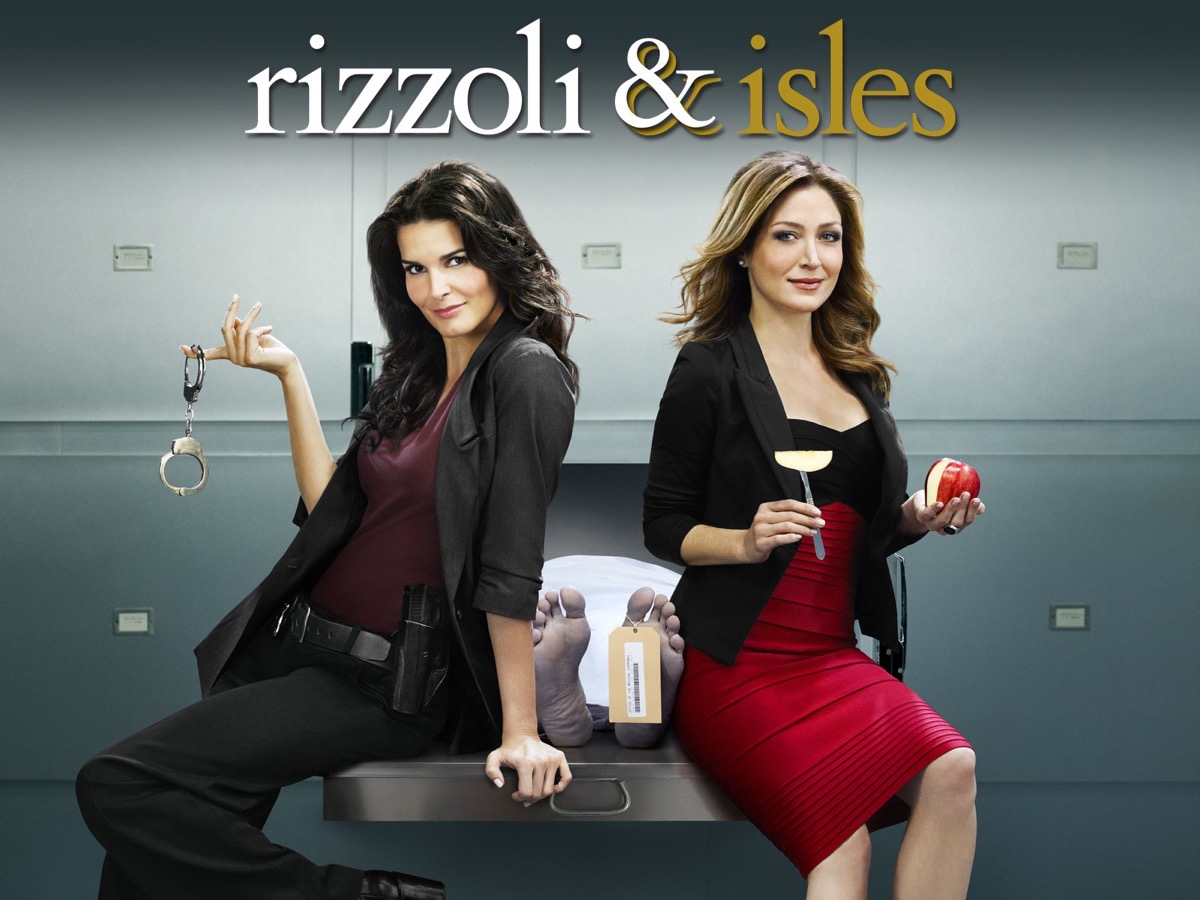
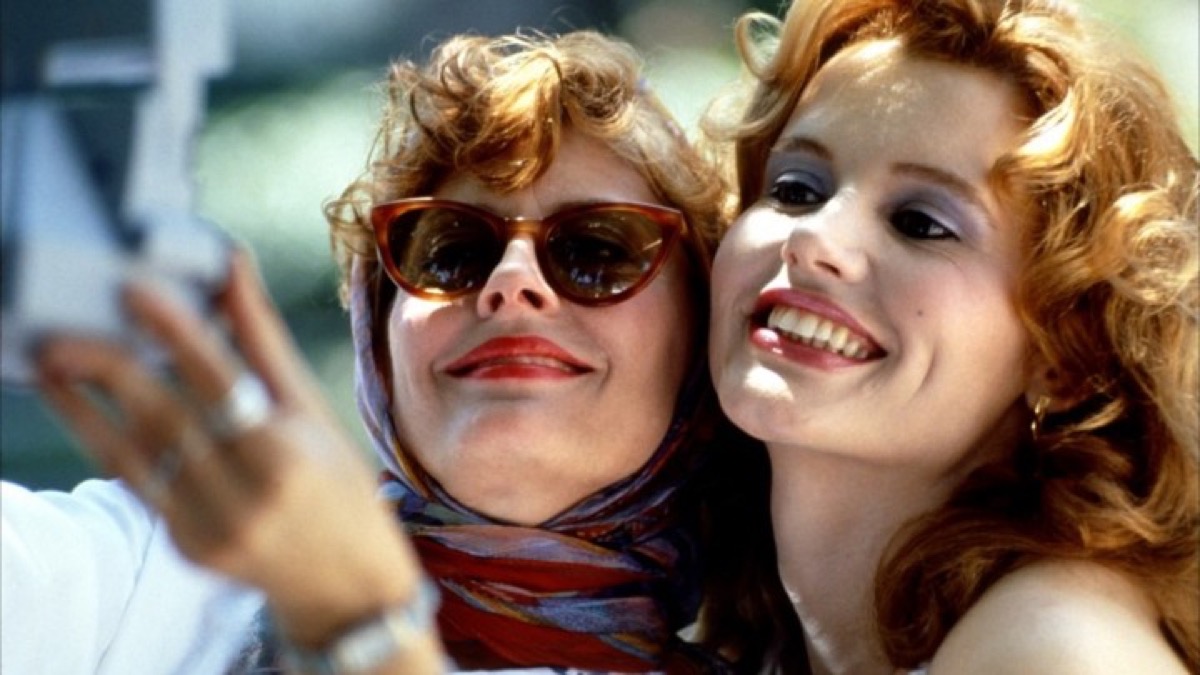
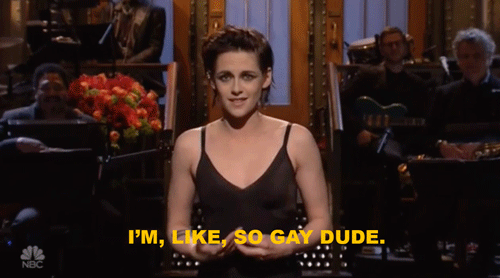
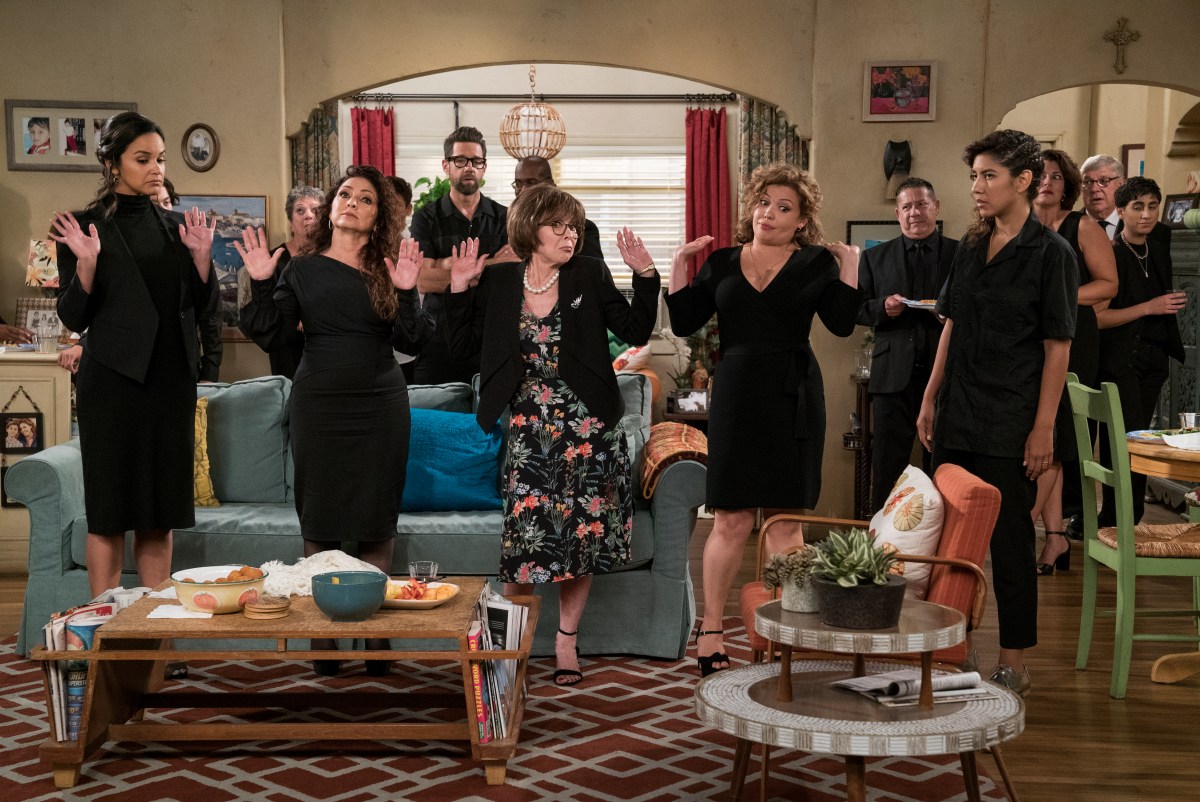





Published: Jul 15, 2019 02:56 pm